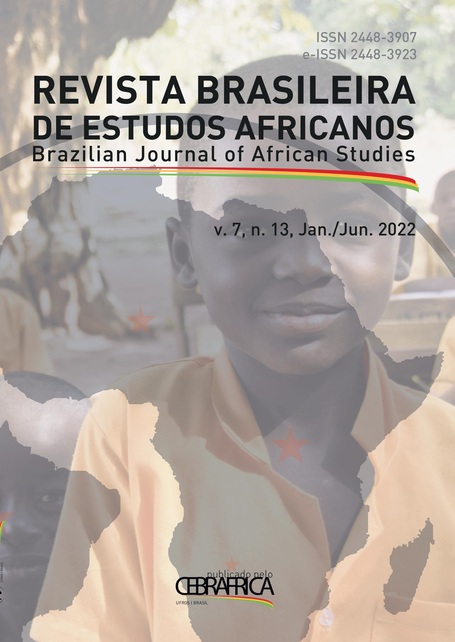CRISIS POLÍTICA Y TERRORISMO EN SOMALIA: DE LA "DESINTEGRACION" A LA "INSTITUCIONALIDAD"
DOI:
https://doi.org/10.22456/2448-3923.120762Palavras-chave:
Somalia, Somalilandia, Al Shabaab, clanes, subclanes, terrorismo, y elecciones presidenciales.Resumo
El conflicto en Somalia ha sido uno de los más complejos de analizar por las particularidades de las relaciones clánicas e interclánicas dentro de su sociedad. El país ha experimentado un largo período de inestabilidad política como resultado de la agudización de la guerra civil que tuvo su expresión en dichas diferencias clánicas, lo que llevó a la balcanización o "desintegración" de Somalia tras el surgimiento de "estados" autónomos. En este contexto, entró a jugar un papel crucial Al Shabaab. Dicha organización terrorista se ha mantenido activa desde 2010 y opera en las zonas rurales del centro-sur del país. A partir de 2012, se ha experimentado un paulatino retorno a la institucionalidad, con la celebración de dos procesos eleccionarios que han tenido en cuenta dichas particularidades de la sociedad somalí. El objetivo del presente trabajo es demostrar cómo se ha logrado un paulatino y débil proceso de restructuración de la institucionalidad política en Somalia, a partir de un relativo equilibrio de poder y de estabilización política, pese a los problemas de seguridad, como el terrorismo y las contradicciones interclánicas.
Downloads
Downloads
Publicado
Como Citar
Edição
Seção
Licença
Os autores possuirão a propriedade intelectual dos artigos publicados e manterão os direitos de publicação.
Revista Brasileira de Estudos Africanos está licenciada com uma Licença Creative Commons Atribuição 4.0 Internacional.



